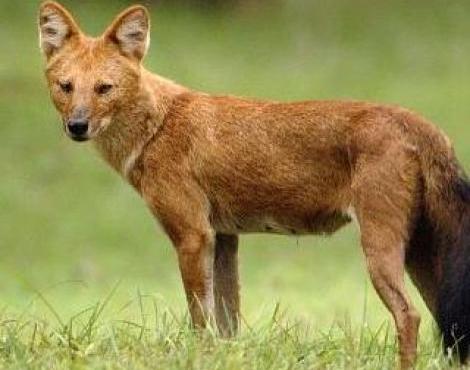900 319 0030
enquiry@shankarias.in
Galapagos Islands
Humboldt Current

BeiDou
Dhole
Highlights

Medicinal and Aromatic Plants Genetic Resources (MAPGRs)
National Medicinal Plants Board (NMPB)
National Bureau of Plant Genetic Resources
Agatti Island
Yellow Fever
Source: The Hindu, Indian Express, News on AIR